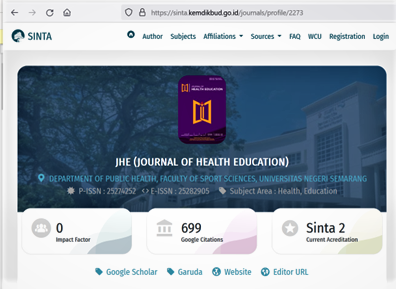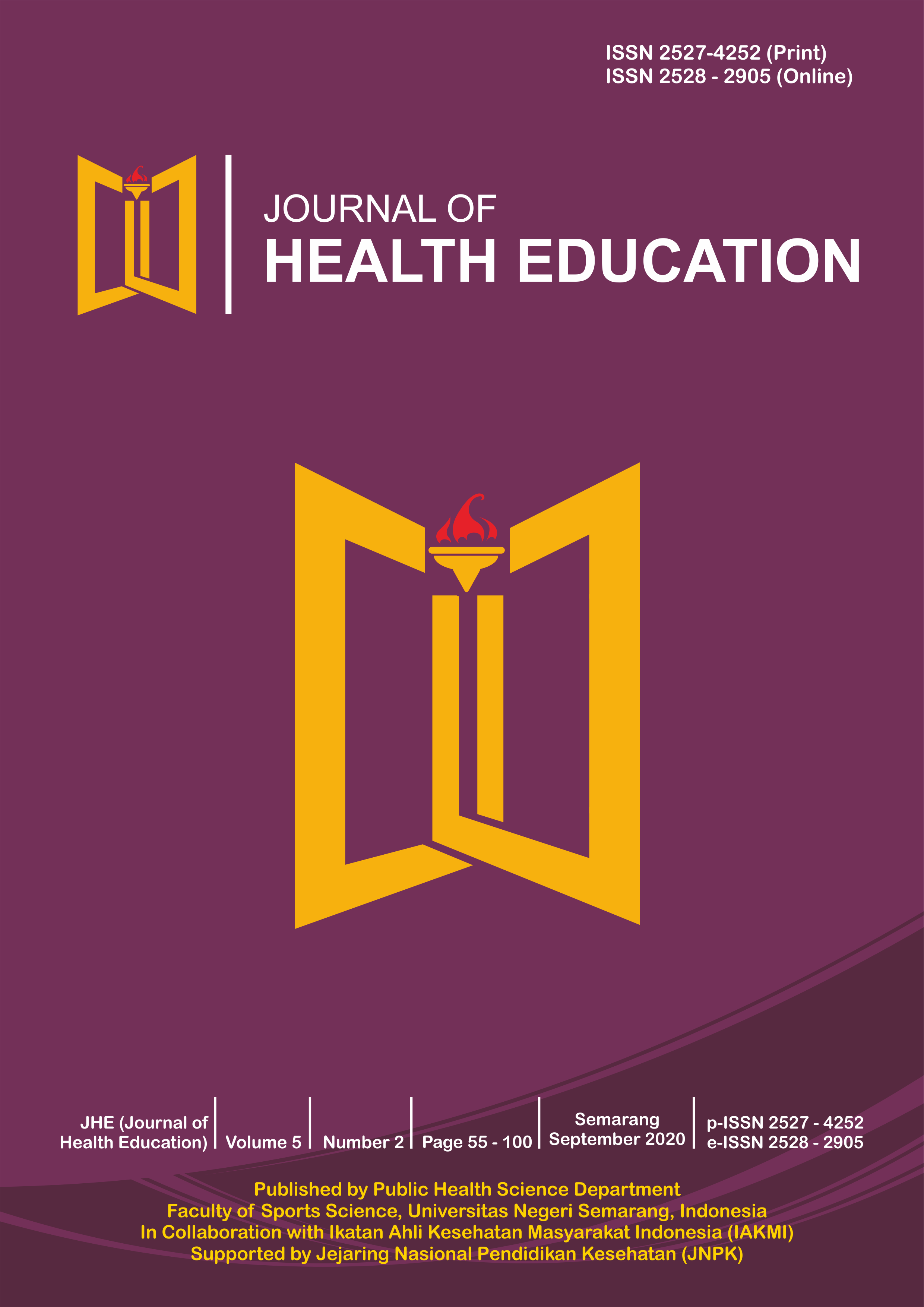Cyberloafing Behaviors of Health Professional Students during Distance Education in the COVID-19 Pandemic Period
Abstract
Background: With the declaration of the new coronavirus (COVID †19) pandemic, which was detected in the Wuhan region of China and later seen in many countries of the world, education and training were significantly affected in all countries, and distance education started to be used in all areas of education. To this end, students can exhibit cyberloafing behaviors during distance education for various reasons. Thus, this study aims to determine the levels of cyberloafing and the factors affecting these behaviors of students studying in health programs during distance education. Methods: In this descriptive study, 405 students studying in the health programs of various private and public universities in Turkey and met the criteria for inclusion in the study formed the research sample. Results: When the students’ tools to access distance education during the pandemic process were compared, it was found that students using computers had higher levels of cyberloafing activities than those using other tools (p<0,05). Conclusions: Distance education keeps students connected to technological tools, increases the risk of engaging in activities irrelevant to the course, and thus leads them to exhibit cyberloafing behaviors.
Keywords: Distance education; cyberloafing; COVID-19






